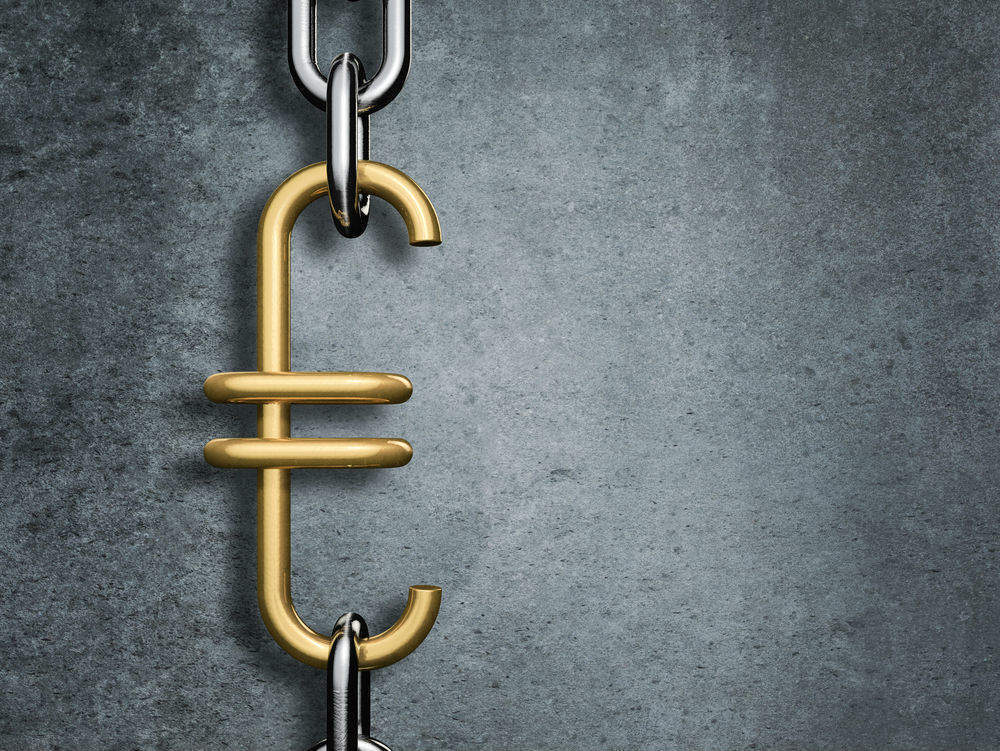
On 12 September, the European Parliament will vote on a new EU Copyright Directive, which aims to update the 17-year-old copyright regulations of all the current EU member states.
The Directive will make a variety of changes to EU copyright law with some of these changes proving more controversial than others.
In May, two previously discarded proposals called Article 11 and Article 13 were reintroduced by German MEP Axl Voss. Previously dismissed as “dangerous and unworkable” by EU experts, these proposals have been a source of controversy since.
But what is the lesser known Article 11 and how could it change the internet?
What is the EU Article 11?
Article 11 is the 11th article in the ‘Proposal for a Directive of the European Parliament and of the Council on Copyright in the Digital Single Market’. Which can be found in full here.
Article 11 is titled ‘Protection of press publications concerning digital uses’ and states:
- Member States shall provide publishers of press publications with the rights provided for in Article 2 and Article 3(2) of Directive 2001/29/EC for the digital use of their press publications.
- The rights referred to in paragraph 1 shall leave intact and shall in no way affect any rights provided for in Union law to authors and other rightholders, in respect of the works and other subject-matter incorporated in a press publication. Such rights may not be invoked against those authors and other rightholders and, in particular, may not deprive them of their right to exploit their works and other subject-matter independently from the press publication in which they are incorporated.
- Articles 5 to 8 of Directive 2001/29/EC and Directive 2012/28/EU shall apply mutatis mutandis in respect of the rights referred to in paragraph 1.
- The rights referred to in paragraph 1 shall expire 20 years after the publication of the press publication. This term shall be calculated from the first day of January of the year following the date of publication.
What does it mean?
In short, the EU Article 11, often referred to as the ‘link tax’ by its opponents, proposes that online services should be banned from linking to news outlets on their platforms unless they have a license which allows them to do so.
This proposed piece of legislation does not specify what constitutes as a ‘link’ or a ‘news service’. This would leave the 28 EU member states free to decide their own definitions, and news services would therefore need to comply with numerous different interpretations of these rules.
Why is it controversial?
The main controversy surrounding Article 11 is that if it is passed, websites will have to pay to use snippets of work published by other forms of news outlets such as newspapers and magazines.
There is concern that this so called ‘link tax’ will result in only the largest and most well-funded companies being able to offer news to the public as smaller and startup news outlets will not be able to afford the additional costs.
However, some people believe that the introduction of Article 11 could be a good thing because large platforms, such as Facebook, will need to keep a closer eye on the news content that is being published on their websites.This could help to crack down on the spread of fake news.
Article 11 is also viewed as a way to forcibly make companies like Facebook and Google redistribute some of the profits they make from sharing news content.
Will Brexit effect EU Article 11?
Whether the proposed ‘link tax’ will still apply to British law will rely on the outcome of Brexit negotiations. The proposed changes will only apply to the EU’s digital single market.
However, Britain has previously adopted other European-wide rulings, such as the General Data Protection Regulation, into its own legislation despite its impending exit from the EU.







